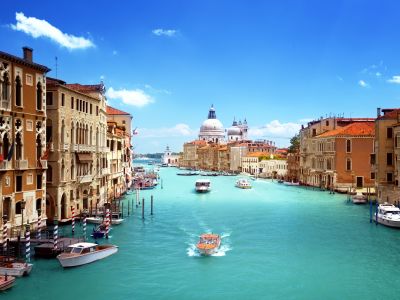
Transatlantic with Iceland & UK Cruise
Take a journey you’ll never forget on this transatlantic cruise from New York City to the distant shores of Europe. Enjoy port stops in Canada, Iceland, France, and Ireland.


Take a journey you’ll never forget on this transatlantic cruise from New York City to the distant shores of Europe. Enjoy port stops in Canada, Iceland, France, and Ireland.

Per person, double occupancy, excludes roundtrip airfare
The roar of lions. The trumpeting of elephants. The pounding hooves of zebras. If you’ve spent your whole life dreaming of Africa’s wildlife, this tour belongs at the top of your bucket list.

Per person, double occupancy, excludes roundtrip airfare
Cruise through four Mediterranean countries as the ancient world comes alive on this Mediterranean Greece and Turkey cruise tour rich with scenery and history.

Per person, double occupancy, excludes roundtrip airfare
Immerse yourself in the festive traditions of Germany at Christmastime! The air is perfumed with the aromas of mulled wine and gingerbread, and the streets are aglow in glistening lights.